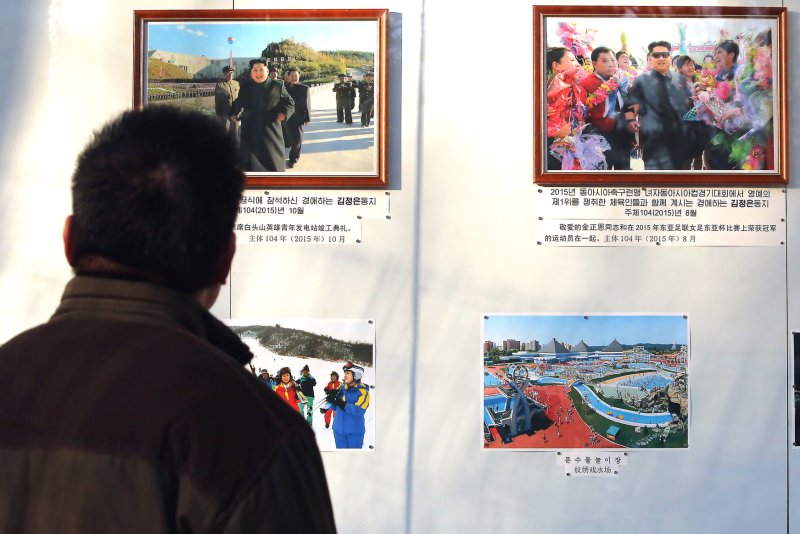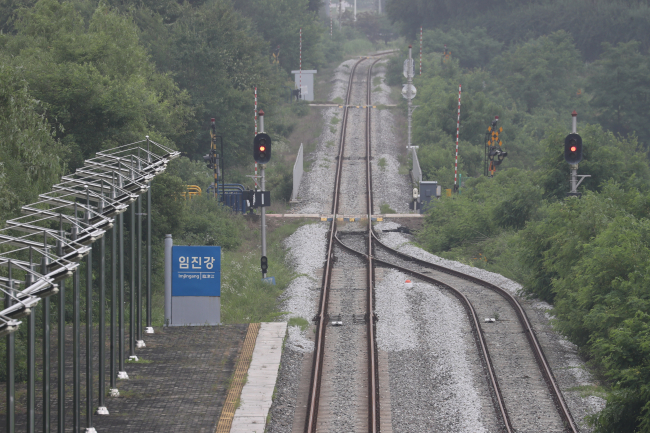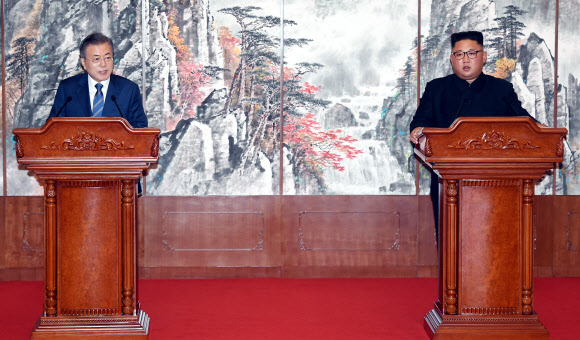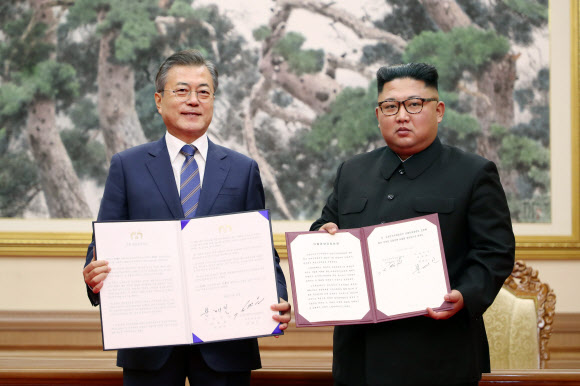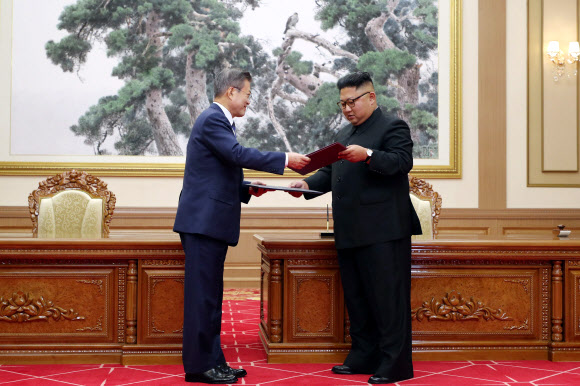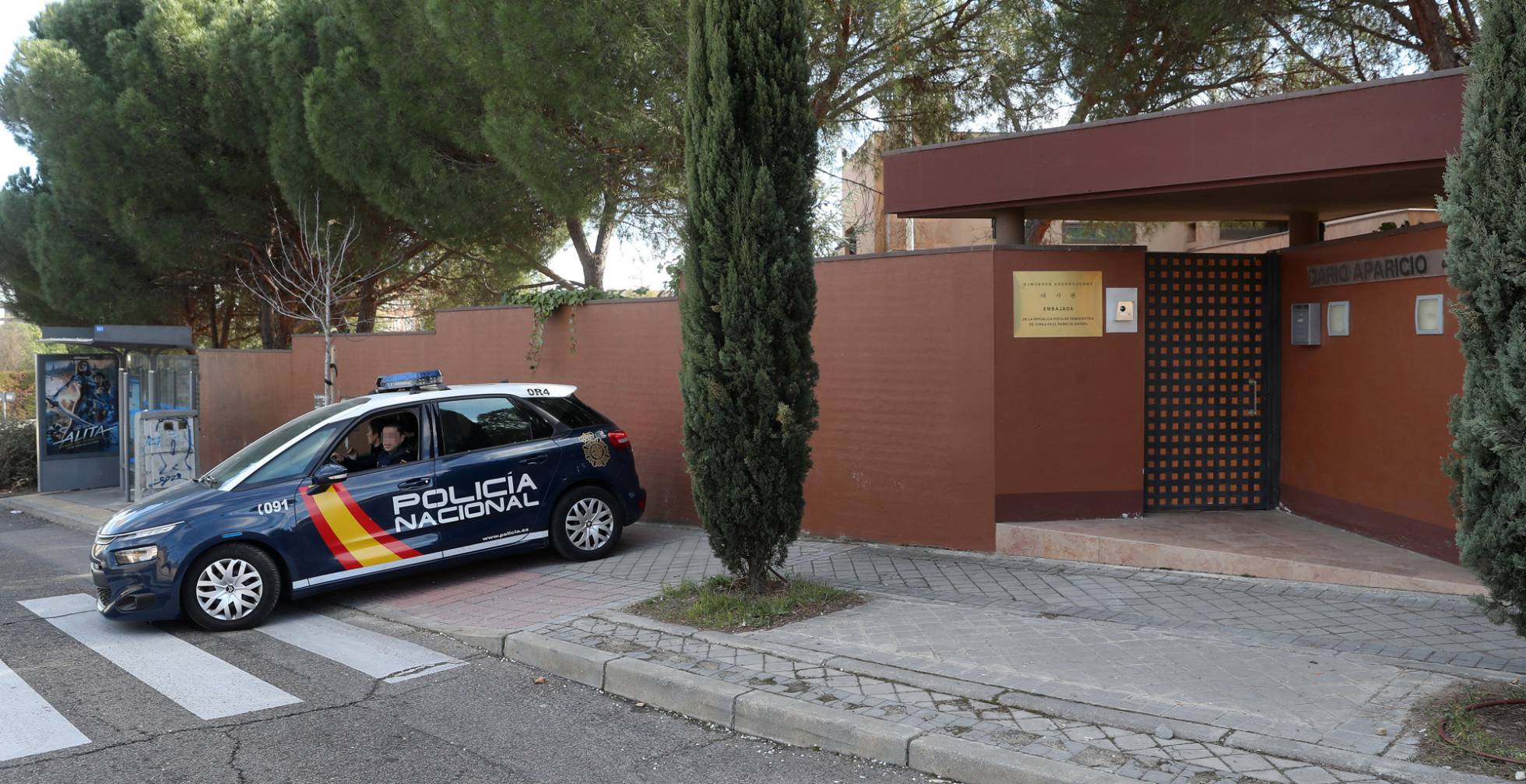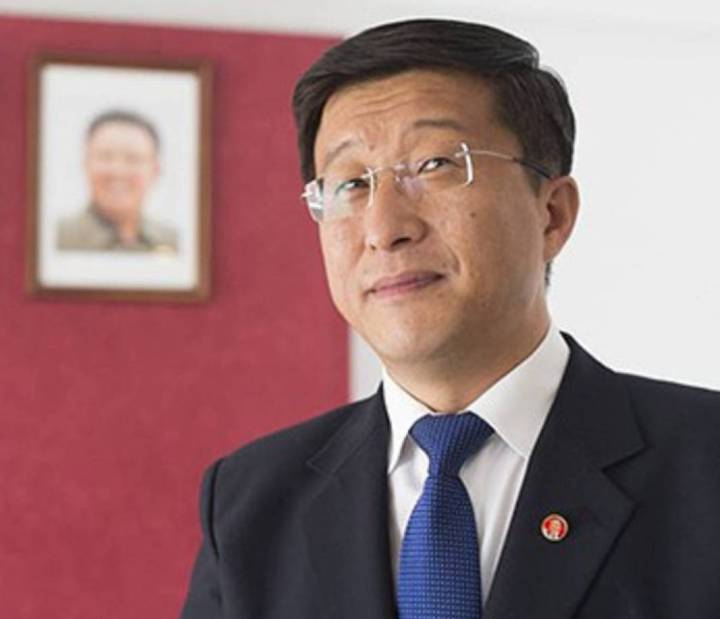Interview with Kim Chol, Economic Research Chief at DPRK’s Academy of Social Sciences
Summary of an interview with Kim Chol, economic research chief at DPRK’s Academy of Social Sciences, originally published in January 2018 by Choson Sinbo, a Japan-based Korean-language newspaper. (Link goes to an RoK news site, not the Choson Sinbo, but you can find the original yourself by searching for "김철" + “조선신보”.)
The interview comprises four main parts, each of which addresses two primary issues.
Part 1: Consistent Realization of the Independent Economy Line
Part 1, issue 1: The various debates surrounding sanctions’ influence on DPRK’s economy
Kim Chol:
All foreign economists ask if DPRK’s economy can tolerate the enemy countries’ vicious implementation of a sanctions regime that incorporates neighboring countries. I reply that DPRK is carrying out the 5-year strategy from the 7th Congress of DPRK Workers’ Party.
Discussion of DPRK economy first needs a correct representation. Since 1945 liberation, DPRK has worked for top-to-bottom national economic independence. No reliance on other countries, using our own resources/technology/citizens’ efforts to walk on our own feet.
Therefore, even though economic sanctions may be damaging, the influence on DPRK is much less than it would be on other countries.
Anti-DPRK sanctions didn’t just start yesterday. We’ve been living with sanctions since we founded our country. We’ve built an economy that can cope with sanctions even if they’re intensified.
Part 1, issue 2: Could you provide a concrete illustration (of methods of dealing with sanctions)?
Kim Chol:
When building an economy, the most important thing is the issue of energy. DPRK has no petroleum-fired power plants, which neighboring countries recommended to us when we started building our economy. We rejected that advice.
For countries without crude oil, crude-oil power generation means that other countries have their hands on the fuel tap, which is off-limits for us.
DPRK’s thermoelectric power plants are using DPRK’s abundant coal. Enemy countries can sanction us to the sky, but our big and small hydroelectric power plants will run as long as it rains and the rivers don’t run dry.
Last year, construction began on Tanchon Power Station, which will be DPRK’s biggest hydroelectric power plant. DPRK’s north has hundreds of kilometers of waterways. The plant should be completed within the five-year plan.
New thermoelectric power generation capacity is also coming online. Huge generating facilities are in the final stage of construction at Pukchang Power Station.
DPRK Academy of Sciences Thermal Engineering Center is developing oxygen-fired combustion technology. This is one of our responses to sanctions. Going forward, it will appear in other power plants.
Part 2: Modernizing Factories without Foreign Currency
Part 2, issue 1: Aside from power generation, what kinds of other industries are in DPRK?
Kim Chol:
In the metals industry, Juche steel production is aggressively using domestically mined anthracite. In the past, blast furnaces were fueled with imported bituminous coal.
Despite increased sanctions, DPRK steel producers are transitioning to domestically produced factory components and raw materials. Iron ore is plentiful in DPRK, and domestic steel production is unaffected by sanctions.
With domestic steel production, DPRK can produce machines at will. High-performance computer numerical control systems have been incorporated into light industry factories, which have been repaired and modernized.
Via field guidance from Kim Jong-un last year, the Kumsong Tractor Factory and Sungri Automotive manufacturing center were repaired and modernized. In order to repair and modernize our factories, a lot of funds were used.
Part 2, issue 2: How are those kinds of funds accumulated?
Kim Chol:
To use terms that people from capitalist countries would easily understand, it’s the accumulation of domestic profits. From state-operated businesses’ profits, regulated shares are concentrated in the state budget, and remaining amounts are used for business activities.
If enemy countries block import of foreign currency, they say DPRK is in an economic depression, but it’s other countries that need foreign currency. By using domestic materials & equipment, repairing/modernizing our industries, DPRK doesn’t need foreign currency.
DPRK’s munitions industry as well, founded on its own effort and technology, is similarly developing Juche weapons and missiles. It’s a fool’s errand to expect that DPRK nuclear production will be affected by sanctions’ blocking of foreign currency inflows.
Part 3: Raw Materials, Resources, Equipment Made in DPRK
Part 3, issue 1: Devoting more effort to: Eradicating domestic factories’ and businesses’ import dependence; and DPRK-izing raw materials, resources, and equipment
Kim Chol:
DPRK’s science industries have guaranteed production of raw materials and resources urgently needed to develop our country’s light industry and agriculture sectors. On a foundation of coal gasification within our five-year plan, we can break even more ground.
New scientific products will emerge. Many countries can gasify coal into refined fuel. We too are preparing to use that technology. DPRK’s Methanol Research Center in Hamhung has deeply experimented and achieved production. We’ll soon be at the industrialization stage.
Rather than use foreign currency to buy expensive petroleum, we’ve expanded our economy by using our own abundant coal resources.
Part 3, issue 2: Implementation of the socialist system of responsible business operation appears to be accelerating the DPRK-ization of raw materials, resources and equipment
Kim Chol:
We are always working to fulfill our style of economic development, which realizes Juche thought. According to the socialist system of responsible business operation (SSRBO), many businesses are reaping great results via influential, emerging management techniques.
There are different reasons for businesses to use imported goods, but DPRK doesn’t have them. During the 1990s’ arduous march, we were unable to locally produce necessary materials and had to import them. Following this, businesses became dependent on imported goods.
However, now there’s a rising trend toward domestic production, which is becoming increasingly normal. Both production & consumption of goods occur w/in DPRK’s independent economy. If sanctions stop imported goods from entering, we use our own resources and technology.
Trading occurs between DPRK’s businesses thanks to highly developed technology and new products. Within the SSRBO, not only can citizens fulfill their economic plans, but businesses can also make mutual orders and fulfill contracts.
The SSRBO produces profits. Enemy countries can increase sanctions as much as possible, but DPRK’s newly produced domestic products will increasingly trade between our businesses.
Part 4: The Stable Life Enjoyed by DPRK Citizens
Part 4, issue 1: How do we evaluate the current economic situation?
Kim Chol:
Enemy countries may viciously implement a sanctions regime against DPRK, but the results will be counter to their expectations. The DPRK economy’s independence and Juche essence is becoming even stronger.
Across the board, DPRK’s economy is on track for vitalization. You can’t hear an idle factory. The arduous march is long finished. Our factories stand as one in kicking sanctions and using domestic raw materials and resources for production.
A sign of economic vitalization is the fulfillment of citizens’ economic plans. To make it easy to understand for people from capitalist countries, we can call it operating at capacity. All fields of our economy have fulfilled measures set a year ago.
As businesses’ rates of capacity have increased, we’ve produced more. You can’t yet say that our citizens live easy lives, but material conditions have improved. Circumstances exist for citizens to enjoy more technically and socially developed lives.
Part 4, issue 2: What’s your view of DPRK’s economy going forward?
Kim Chol:
2017 was a pivotal point for the fulfillment of the five-year economic plan, and we have exceeded expectations. A determined view to fulfill the five-year strategy has flourished.
We don’t know if the US and its followers will simply increase sanctions to try and block our strenuous efforts. DPRK’s economy isn’t declining, but is rather steadily ascending.
However international affairs change, DPRK’s economy will finally achieve the target of the five-year plan, laying the foundation for lasting economic development by vitalizing the economy as a whole and ensuring balance between economic sectors.
https://korcounterprop.tumblr.com/post/ ... conomy-can